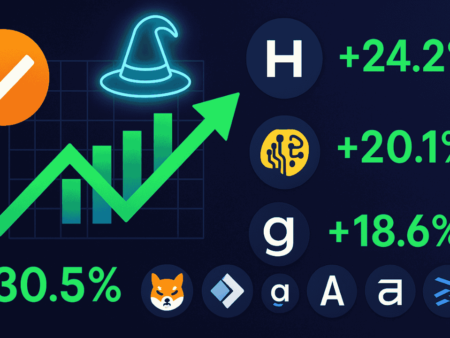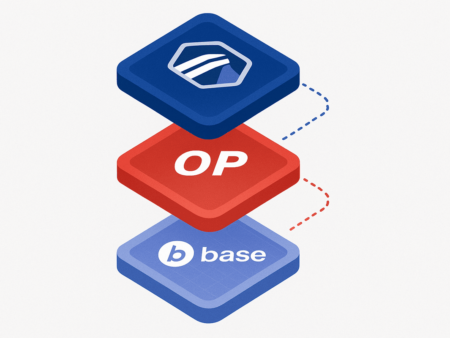The house still wins, but in 2025, the rules of the game are being rewritten—this time on the blockchain. In a year already defined by Bitcoin’s record highs, NFT gaming crossovers, and AI-run poker tables, the quiet rise of no-KYC crypto casinos has become the industry’s most disruptive subplot.
Not long ago, the term “crypto casino” conjured images of fringe operators—offshore platforms with glitchy interfaces, offering questionable odds and no real customer support. That image is fading fast. Today’s top-tier no-KYC casinos are polished, fast, and well-funded, running on chains like Solana, Polygon, and even Layer-2s for near-instant gameplay and withdrawals. And they’re attracting more than just the early adopter crowd; mainstream gamblers are making the switch.
The Privacy Pull
Ask anyone who’s made the jump and they’ll tell you: it’s about speed, freedom, and privacy. In traditional online casinos, signing up means handing over a passport scan, proof of address, and—often—banking details. In contrast, a no-KYC platform needs just a crypto wallet connection. No names. No government ID uploads. No days-long verification queues.
For privacy purists and players in markets where gambling is heavily regulated (or outright banned), this model isn’t just convenient—it’s a lifeline. “It’s the same reason people use decentralized exchanges,” says an industry insider from a Malta-based gaming group. “People want control, not gatekeepers.”
The Tech Backbone
Beneath the glossy landing pages, the technology running these casinos has matured dramatically. Smart contracts handle everything from payouts to game fairness, with on-chain proof ensuring no hidden tampering. Platforms like Rollbit, BC.Game, and Stake have layered in provably fair mechanisms, multi-chain support, and lightning-fast settlement times—some processing withdrawals in under 10 seconds.
Even payment rails are evolving. Beyond Bitcoin and Ethereum, niche tokens like USDT on Tron or USDC on Solana are increasingly favored for low fees and high throughput. The result? Less friction, more play, and a growing appetite for crypto-first betting.
The Regulatory Grey Zone
Of course, the same features that make no-KYC casinos appealing also raise eyebrows among regulators. Without identity verification, enforcing anti-money laundering (AML) standards becomes tricky. Some jurisdictions have already started tightening rules, requiring operators to implement “soft KYC” measures for larger withdrawals or suspicious activity.
But here’s the paradox: too much regulation risks killing the very appeal that drives adoption. It’s a balancing act—operators must reassure players and regulators alike without dismantling the frictionless experience.
The Business Boom
The numbers tell the real story. According to recent market trackers, blockchain-based casinos processed over $80 billion in wagers in 2024—a 62% year-over-year jump. Analysts predict 2025 will blow past that record, with player counts up 40% since January alone.
A big driver? Younger gamblers. The under-35 demographic—already comfortable moving funds through crypto wallets—sees no-KYC platforms as the natural evolution of online gaming. For them, it’s not rebellion; it’s efficiency.
The Road Ahead
In the short term, expect more hybrid models. Some casinos will offer tiered accounts: play anonymously for smaller stakes, but unlock higher betting limits after optional KYC. Others are leaning into DeFi integrations, letting users stake their winnings directly into yield protocols or swap tokens without leaving the platform.
The larger question is whether mainstream gambling giants will follow. If they do, it could trigger a seismic shift in both crypto adoption and gaming regulation. If they don’t, smaller, agile operators may quietly corner a market too big to ignore.
Either way, the message from players is loud and clear: in 2025, privacy isn’t a luxury—it’s table stakes.











